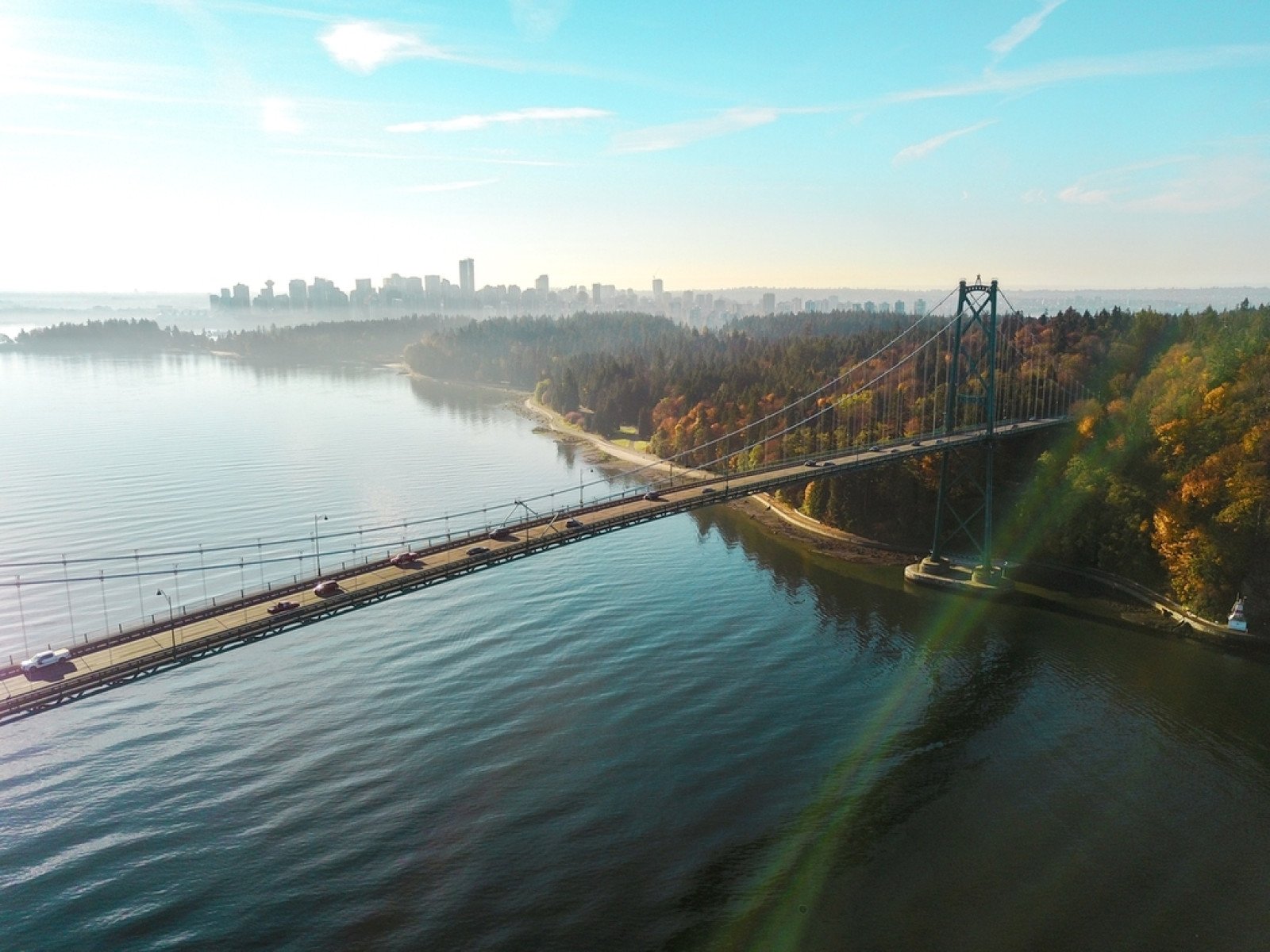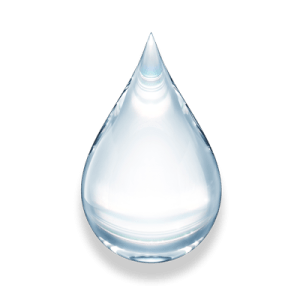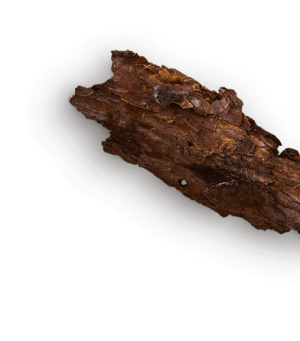Assessing human impact on ecosystem goods and services
Identify the most important impacts of human actions on the value of ecosystem goods and services.

Overview
Students use their understanding of ecosystem goods and services (EGS) and valuation methods to assess the impacts of human actions on the value of EGS in an ecosystem.
Instructions
What you'll need
- "Community regreening" handout, one copy per pair of students
- "Ecosystem stories" handout, one copy per pair of students
- "Assessing the effects of human actions" worksheet, one copy per pair of students
- Organize your students into pairs and provide each group with a copy of the "Community regreening" handout.
- Ask groups to identify any human actions related to the program that would affect ecosystems. Encourage groups to share their ideas, using the sentence starters “There is more…” and “There is less…” Possible responses could include “There are more trees” and “There is less air pollution.”
- Ask groups to decide if these actions increased or decreased the value of ecosystem goods and services (EGS). As groups share their decisions and thinking with the class, invite them to what monetary or non-monetary measures could be used to assess the effects of human actions on EGS.
- Provide each group with a copy of the "Assessing the effects of human actions" worksheet, and assign each group one of the stories from the "Ecosystem stories" handout.
- Explain that the challenge of this activity is to use monetary and non-monetary measures to assess the impact of human actions on the value of EGS.
- Ask groups to read their assigned story and to complete the worksheet. Prompt groups to note examples of monetary and non-monetary measures that could be used to assess the impacts of human actions that were described in their assigned story.
- After groups have shared their ideas with the class, ask them to now make a final decision about the impact of human actions on the value of EGS. Remind groups to include evidence to support their decisions.
- Encourage groups to share their decisions and thinking with the class.
- Guide students’ attention back to the "Community regreening" handout. Ask groups to suggest whether the program increases or decreases the value of EGS. Encourage groups to consider monetary and non-monetary measures in their decision making.
- Conclude the activity by asking your students to reflect on how human actions affect ecosystems. Which method of measurement might be the most useful for assessing the impacts of human actions?
Modify or extend this activity
Extension
- Ask students to use the "Assessing the effects of human actions" worksheet to assess developments affecting ecosystems in their community.
- While on a field trip or nature walk, ask students to look for examples of human actions that have affected an ecosystem. Invite students to suggest monetary and non-monetary measures that could be used to assess the impact of human actions on the ecosystem.
Modification
- If students have access to electronic devices like tablets in class, send them the link to the "Community regreening" and the stories in "Ecosystem stories" instead to save on paper.
Curriculum Fit
Environmental Science 11
Big idea
- Complex roles and relationships contribute to diversity of ecosystems.
- Human practices affect the sustainability of ecosystems.
- Humans can play a role in stewardship and restoration of ecosystems.
Content
- Benefits of ecosystem services
- Human actions and their impact on ecosystem integrity
- Resource stewardship
- Restoration practices
Curricular competencies
Questioning and predicting
- Demonstrate a sustained intellectual curiosity about a scientific topic or problem of personal, local, or global interest
- Formulate multiple hypotheses and predict multiple outcomes
Processing and analyzing data and information
- Experience and interpret the local environment
- Construct, analyze, and interpret graphs, models, and/or diagrams
- Use knowledge of scientific concepts to draw conclusions that are consistent with evidence
- Analyze cause-and-effect relationships
Evaluating
- Consider social, ethical, and environmental implications of the findings from their own and others’ investigations
Applying and innovating
- Contribute to finding solutions to problems at a local and/or global level through inquiry
Communicating
- Communicate scientific ideas and information, and perhaps a suggested course of action, for a specific purpose and audience, constructing evidence-based arguments and using appropriate scientific language, conventions, and representations
- Express and reflect on a variety of experiences, perspectives, and worldviews through place
Environmental Science 12
Big idea
- Human actions affect the quality of water and its ability to sustain life.
- Sustainable land use is essential to meet the needs of a growing population.
Content
- Soil characteristics and ecosystem services
- Land management
Assessments
Assess your students’ ability to:
- Use scientific concepts and terminology in discussions.
- Accurately categorize ecosystem goods and services.
Teaching Notes
Students will require understanding of EGS and monetary and non-monetary valuation methods to complete this activity. These concepts are explored in the “Identifying ecosystem goods and services” and “Measuring ecosystem goods and services” activities.
This activity uses the concepts of ecosystem goods and services and their valuation as described by Statistics Canada and Environment Canada in the report "Measuring ecosystem goods and services in Canada - Human Activity and the Environment 2013".







